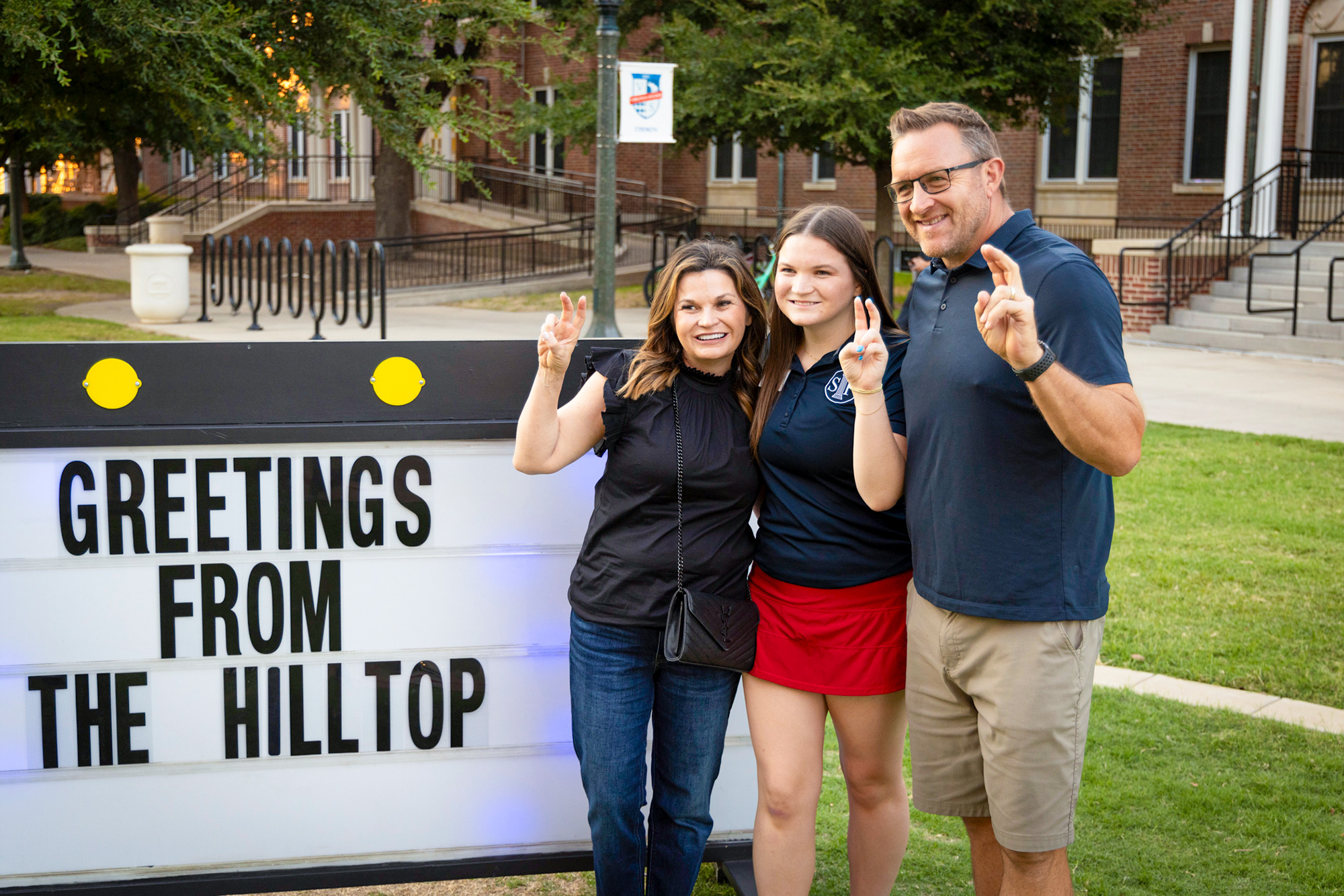Resource Links
We consider parents and family members to be a vital part of the SMU Family, and we salute your support and involvement in your student’s success. Below are some offices that will continue to partner with you in your student’s success. Just click the links below!
|
Office of the Dean of Students
|
Residence Life and Student Housing
Student Academic Success Programs
|
